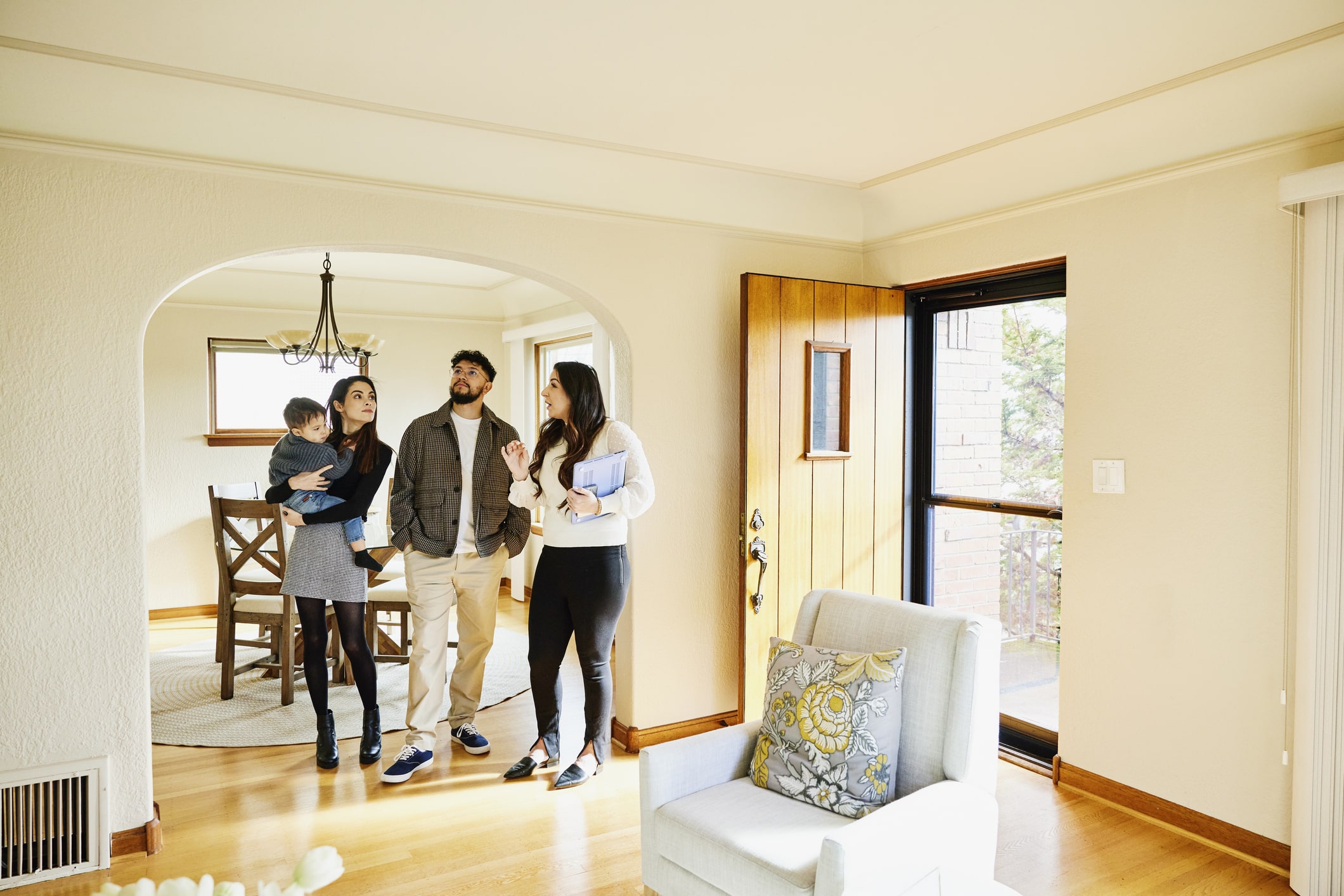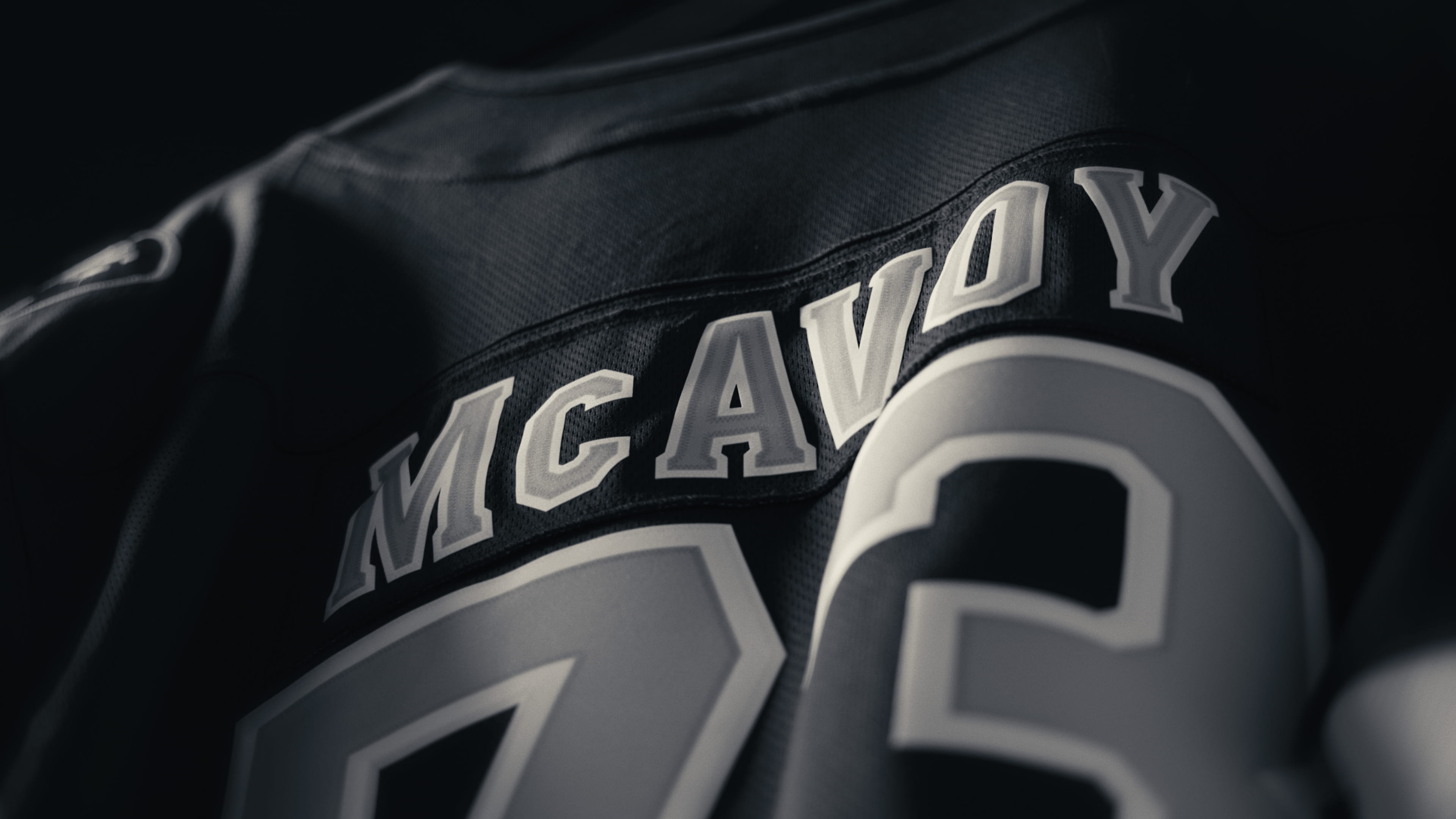Uncovering the Hidden Costs of Homeownership

Buying your first home is undoubtedly a major milestone. But as you start calculating your mortgage payment, it’s important not to overlook the other expenses that come with homeownership.
So how much does it really cost to buy a home? Let’s break it down and try to help you build a budget that’s ready for anything.
What Should I Budget for When Buying a Home?
Some of these additional costs of buying a home may be more obvious than others, but all should be accounted for when landing on a home budget:
- Property Taxes – These vary by location and home size but could add thousands of dollars per year to your housing costs. Your area’s property tax levy may be found on your local tax assessor or municipality website, and it could be represented as a percentage of the home’s value. Real estate listings may include the most recently assessed property tax.
- Insurance – Mortgage lenders could require homeowners insurance, and costs may vary based on the value and location of your home. You may also want to consider purchasing flood insurance after speaking with your insurance agent.
- Private Mortgage Insurance (PMI) – If your down payment is less than 20% of the purchase price of the home, depending on your loan program, you may be required to pay PMI, which is an added monthly cost.
- HOA Fees – If your home is in a community with a homeowners association, you may be required to pay monthly dues.
- Utilities – When you move from an apartment to a larger home, you may have higher costs for heating, cooling, water and electricity.
- Maintenance and Repairs – From replacing filters to fixing leaky faucets, regular upkeep is part of owning a home.
- Unexpected Emergency Expenses – A burst pipe, broken furnace, or roof damage could cost thousands to repair.
What Is the Biggest Cost of Homeownership?
For most people, the mortgage is typically the largest recurring cost. However, over time, maintenance and repairs could rival or even exceed some annual mortgage payments. According to experts, you should try to budget 1% to 3% of your home’s value annually for maintenance. For a $300,000 home, that’s $3,000 to $9,000 per year—and that doesn’t include large emergency repairs.
How Do I Avoid Hidden Costs?
While you can’t eliminate all homeownership costs, you can try to prepare for them. Here are a few strategies to consider:
- Create a Maintenance Fund – Try to set aside money monthly in a dedicated savings account for repairs and upkeep.
- Understand the Full Picture – Before you buy, consider asking for utility estimates, property tax rates, HOA dues, and insurance quotes.
- Get a Home Inspection – A professional inspection may uncover potential problems before you close the deal.
- Budget for Upgrades – Plan ahead if you want to update appliances, landscaping, or flooring in your new home.
Buying a home is about more than just affording the mortgage, it’s about being ready for the full financial responsibility that comes with home ownership. Looking for guidance on your first home purchase? Service Credit Union is here to help with competitive mortgage options, and personalized support every step of the way.




